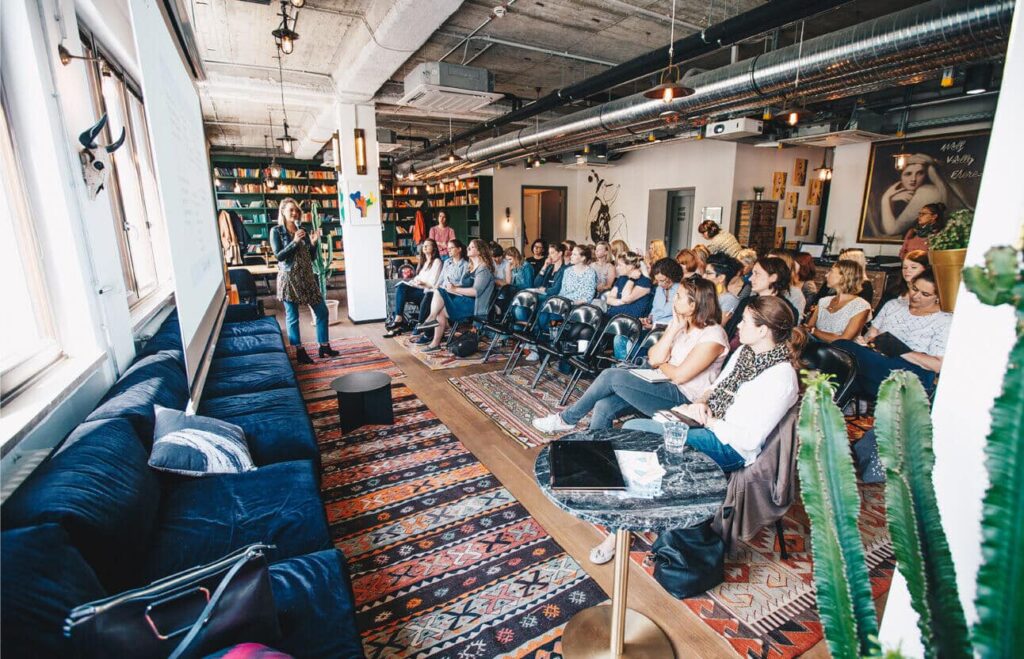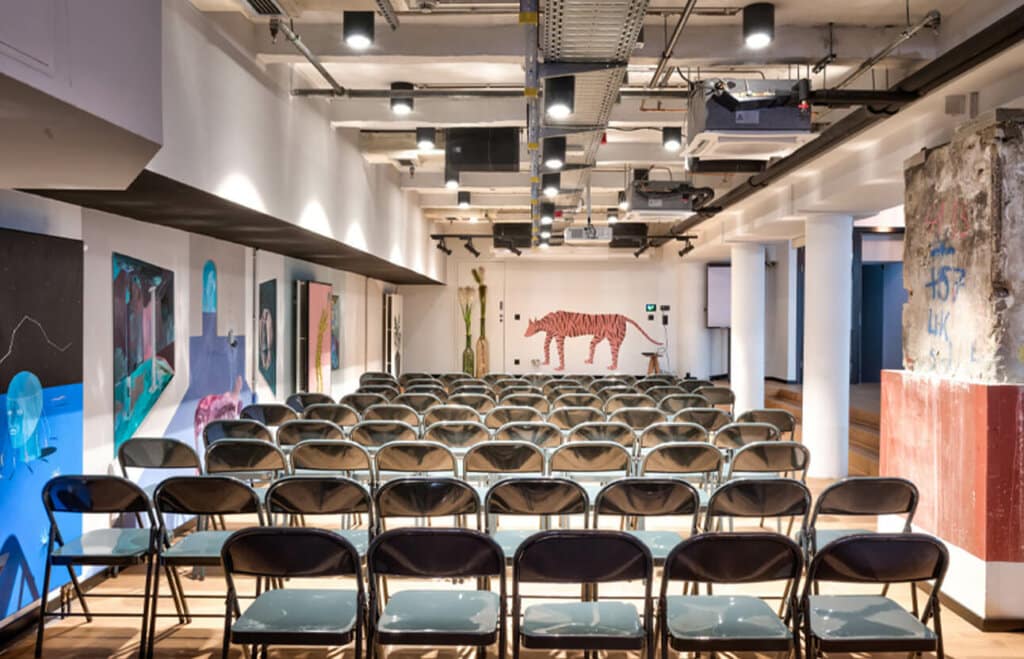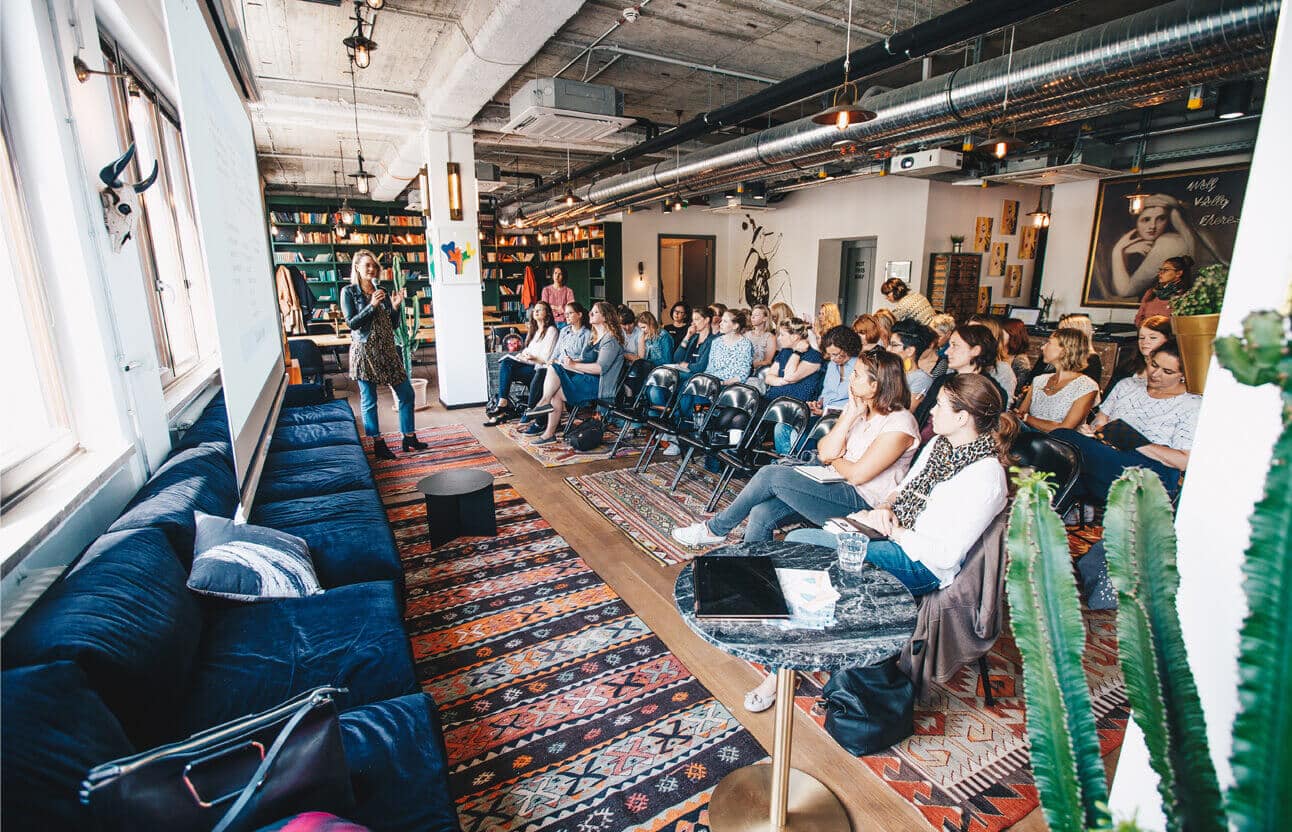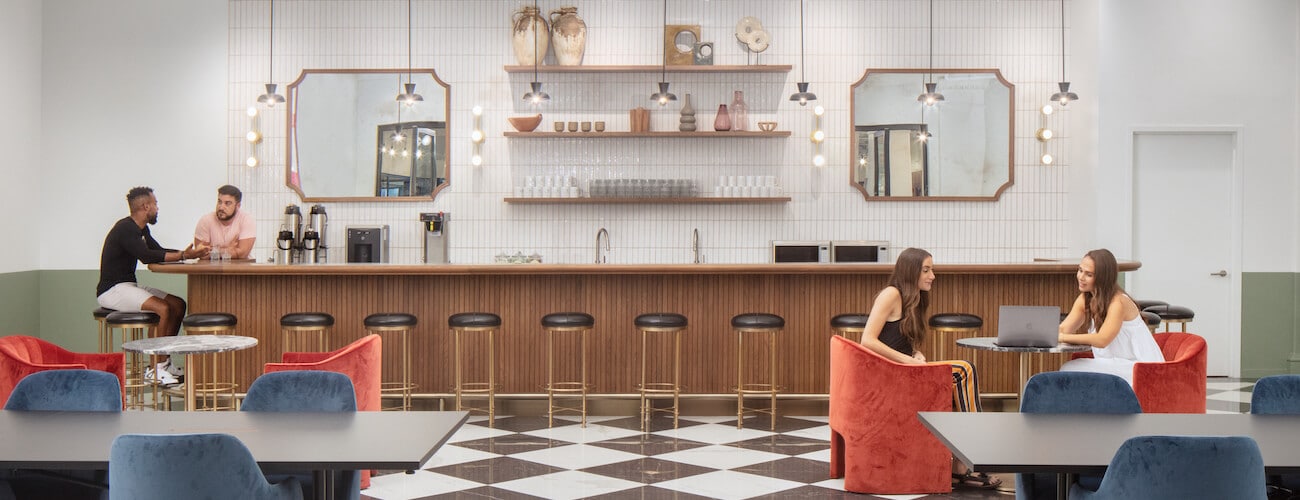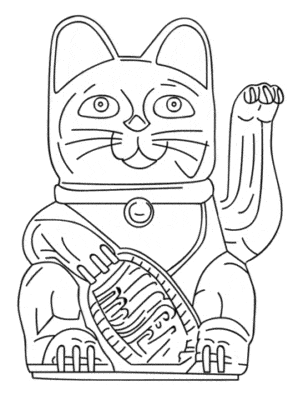
Best Work Social Ideas for Team Building
Strong workplace connections fuel organizational success. Your team’s relationships determine how well they collaborate, communicate, and stick around when opportunities arise elsewhere. Building these connections takes intention but doesn’t require massive budgets or complex planning.
Whether you’re leading a startup or managing enterprise departments, strategic social activities deliver measurable returns. Teams that connect personally work better professionally. They share information more freely, resolve conflicts faster, and bring creative energy to collaborative projects. This guide provides practical ideas that strengthen workplace bonds regardless of your team size or available resources.
Why Work Social Activities Transform Team Performance
Social activities create psychological safety where colleagues can take interpersonal risks without fear. When team members interact in relaxed settings, professional facades drop and authentic communication emerges. This foundation enables honest feedback, creative brainstorming, and effective problem-solving.
Picture your colleagues during a cooking class versus a quarterly review. The informal environment reveals personal interests, creates shared memories, and builds trust that transfers directly back to work interactions. People share information more readily, seek help when needed, and collaborate more willingly when they see each other as whole people rather than job titles.
Employee Retention Through Connection
People stay where they feel personally connected. Workplace friendships correlate strongly with job satisfaction and drive the discretionary effort that separates good teams from exceptional ones. Social activities create the relationship glue that keeps talent intact even when external opportunities arise.
Teams that enjoy spending time together bring more energy to their projects. This creates upward spirals where improved relationships lead to better performance, which reinforces team cohesion and motivation.

Quick Office-Based Social Activities
Effective team building happens through regular touchpoints, not just annual retreats. These accessible options weave social connection into everyday work life without disrupting productivity or requiring significant investments.
Lunch and Coffee Connections
Food naturally brings people together. Weekly themed lunch days where teams take turns selecting cuisine styles create conversation opportunities beyond work topics. Coffee buddy programs randomly pair colleagues from different departments, expanding internal networks while exposing people to diverse perspectives.
Virtual coffee breaks maintain these connections for remote teams. Quarterly team meals at restaurants provide milestone celebrations that let colleagues see each other in new contexts, often revealing interests and personality facets hidden in workplace settings.
Skills Sharing Sessions
Your team contains hidden talents waiting to be discovered. Monthly “show and teach” sessions where people share non-work skills build appreciation while celebrating individual identities beyond job titles. The marketing specialist demonstrates photography basics while the accountant shares home brewing secrets.
Professional skill sharing provides immediate value while positioning team members as resources for each other. Quick tutorials on productivity hacks or software shortcuts create peer learning culture that strengthens relationships while improving team performance.
Office Game Tournaments
Friendly competition creates energizing dynamics through shared experiences. Ongoing chess challenges, trivia competitions, or bracket-style board game tournaments generate maximum engagement with minimal equipment. Table tennis or cornhole work for active teams, while puzzle competitions appeal to analytical groups.
Choose activities accessible to all team members regardless of physical ability or experience. Tournament structures with playful prizes add excitement without unhealthy competitive pressure. The goal remains relationship building, so emphasize participation and enjoyment over winning.
Creative Team Building Events and Workshops
Structured events requiring advance planning deliver deeper relationship benefits through shared challenges and collaborative experiences. Balance structure with autonomy, providing interaction frameworks without scripting every moment.
Problem-Solving Challenges
Escape rooms place teams in immersive environments where they must collaborate under time pressure, simulating project deadlines while requiring diverse thinking styles. Modern app-based scavenger hunts incorporate photo challenges and coordination elements that build relationships through authentic collaboration.
Business simulations and role-playing scenarios provide safe spaces to practice communication patterns that transfer directly to work projects, developing both relationships and practical skills simultaneously.
Creative Workshops
Shared creative experiences engage different mental faculties than typical work tasks. Cooking classes place colleagues in unfamiliar territory where they coordinate actions toward common goals. The resulting meal provides immediate reward while creating lasting memories.
Art workshops like painting or pottery level workplace hierarchies by placing everyone in beginner roles outside professional expertise. These contexts reveal surprising capabilities while creating physical mementos of shared experiences. Music-making sessions from percussion circles to songwriting create powerful synchronized experiences that strengthen non-verbal communication.
Community Service Projects
Volunteer projects combine team building with social impact through shared purpose. Environmental cleanups, food bank sorting, or school supply assembly create tangible community contribution through collaborative effort. These activities often reveal leadership qualities hidden in regular work contexts.
Skills-based volunteering leverages professional capabilities for community benefit, whether building nonprofit websites or providing business consulting to social enterprises. These experiences showcase team strengths in new contexts while reinforcing meaningful application of workplace skills.
For more creative team building inspiration, explore these proven work social event ideas that have helped companies build stronger workplace connections.
Flexible Workspace Solutions for Enhanced Team Building
Traditional offices sometimes limit team building through fixed layouts and space constraints. Flexible workspaces provide purpose-designed environments engineered to foster collaboration through thoughtful design and adaptable configurations.
Professional Event Space Benefits
Dedicated spaces remove conventional office limitations, providing proper acoustics, lighting, and equipment without workplace distractions. This context shift helps participants fully engage rather than staying mentally connected to pending tasks.
Mindspace flexible offices exemplify this through environments that adapt to various formats while maintaining professional yet comfortable atmospheres. Technical capabilities like seamless audiovisual systems and reliable connectivity eliminate friction points that plague office-based activities.
When you’re ready to elevate your team building with professional event spaces designed for connection, discover Mindspace event venues that provide the perfect backdrop for memorable team experiences.
Versatile Meeting Areas
Modern flexible workspaces feature modular furniture allowing quick reconfiguration from presentations to small groups. This versatility enables multi-phase events combining different interaction styles. Diverse space types from intimate pods to expansive areas provide appropriate settings for activities ranging from strategy games to energetic challenges.
Indoor-outdoor flow adds another dimension through weather-protected terraces and rooftop spaces. These biophilic elements enhance participant energy compared to enclosed environments.
Hybrid Event Integration
Teams increasingly include remote members, requiring thoughtful inclusion. Enterprise-grade connectivity and purpose-designed video conferencing ensure remote participants enjoy equivalent experiences rather than feeling like observers.
Interactive hybrid events might include synchronized food delivery before virtual cooking challenges or parallel scavenger hunts where distributed teams complete location-specific challenges. Design activities with remote participation as a core consideration rather than an afterthought.
Modern hybrid office solutions seamlessly blend in-person and remote collaboration, creating inclusive environments where every team member can participate fully in social activities regardless of their physical location.
Planning and Implementation
Strategic planning considers team composition, organizational culture, and practical constraints while balancing structure with flexibility. Create frameworks facilitating connection without forcing artificial interactions.
Budget-Conscious Approaches
Focus investment on elements directly enhancing connection. Simple refreshments often create better environments than elaborate catering. Combine regular low-cost activities with occasional higher-investment events – weekly coffee chats maintain rhythms while quarterly workshops provide deeper opportunities.
Leverage existing resources creatively. Team members often possess facilitation skills or venue connections that reduce costs while increasing relevance. Partner with other departments to share expenses while creating cross-team connections.
Inclusive Participation
Accommodate diverse preferences, abilities, and comfort levels. Provide multiple participation paths respecting different personality types rather than forcing extroverted performance. Quiet collaboration roles remain equally valuable.
Consider physical accessibility, dietary restrictions, and cultural sensitivities. Avoid alcohol-centered events, excluding non-drinkers. Alternate timing between work hours and after-hours to accommodate different life circumstances.
Measuring Impact
Look beyond immediate enjoyment to assess meaningful relationship changes. Observe communication patterns following activities, noting changes in collaboration, information sharing, and conflict resolution. Informal check-ins often provide more authentic feedback than formal surveys.
Build on successful experiences through follow-up touchpoints, reinforcing connections. Photo sharing or brief reunion gatherings extend the original event’s impact while developing a progressive relationship deepening over time.
The evolution toward hybrid work models presents both challenges and opportunities for team building. Learn how to maximize the benefits of a hybrid workplace culture while maintaining strong team connections across distributed teams. Check out Mindspace’s event locations.
Need to book an event space for your next corporate event? Leave us a note here
Frequently Asked Questions
What makes team-building activities successful?
Successful activities create genuine engagement through relevant challenges requiring authentic collaboration. They balance structure with autonomy while accommodating diverse participation styles and connecting clearly to workplace relationships.
What’s the difference between team building and team bonding?
Team building develops specific workplace skills through structured activities with clear development objectives. Team bonding creates social connections and shared experiences strengthening relationships without necessarily targeting specific capabilities.
How do flexible workspaces support team building?
Flexible workspaces provide purpose-designed environments with adaptable configurations accommodating various activities. They enhance social connection through professional atmospheres, technical capabilities, and versatile spaces while removing traditional office limitations.


